SJI Grantee Spotlights

State Courts Response to Opioids and the Impact on Children
What if families facing a crisis could receive support before entering the court system? In 2019, the National Center for State Courts received funding to identify promising practices in state and local courts that aim to prevent removal through non-adversarial collaborative team approaches and timely access to treatment and services. The Family Preservation Initiative (FPI) in Rutherford County, Tennessee was one of the standout programs identified.
FPI transforms how communities support families by intervening before circumstances escalate to court involvement. When families experience challenges likely to result in a juvenile court petition, FPI staff step in to build relationships, learn about each family’s unique strengths and needs, and connect them to resources and services. This individualized approach keeps children safely with their families while providing the entire family with the support needed to overcome obstacles.
Referrals come from law enforcement, schools, community organizations, and families themselves. Families involved in FPI are not under court supervision; however, the court’s backbone support for the program helps build and sustain community partnerships essential for its success. By intervening early, FPI prevents family separation, minimizes trauma, and provides crucial support when families need it most. The documentary, “Together We Thrive: Championing Prevention Efforts with Tennessee’s Family Preservation Initiative,” offers a powerful look at FPI through the eyes of the families and professionals involved in the program. Their stories demonstrate how family-centered and prevention-focused approaches can create positive changes for children, families, and communities.
“What we really hope is that this would become the new norm, that this wouldn’t be just a pilot or a program or in a few places dotted around the county. But this would become the way that people want to intervene much sooner so that children never become part of the system.”
-Deborah Taylor Tate, Former Director, Tennessee Administrative Office of Courts
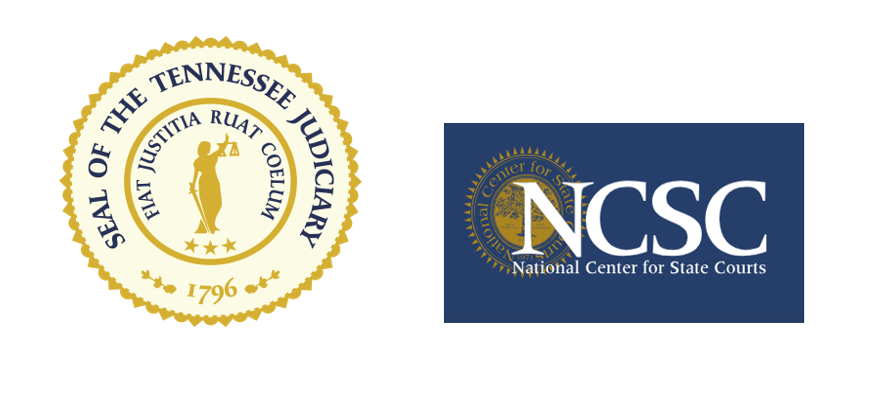

Sustainable Case Management and Evidence Adjudication Support Tools for Cases Related to the COVID-19 Pandemic and Future Government-declared Emergencies
May 1, 2023
With the certification of 64 resource judges and four court resource attorneys’ mid-summer 2022, the National Courts and Sciences Institute (NCSI) completed Phase 1 of a SJI-supported strategic initiative to discover ways to train judges and court personnel to cope with novel, changing, Covid Science in the Courtroom. Judges from 12 jurisdictions in coordinator-facilitated teams …
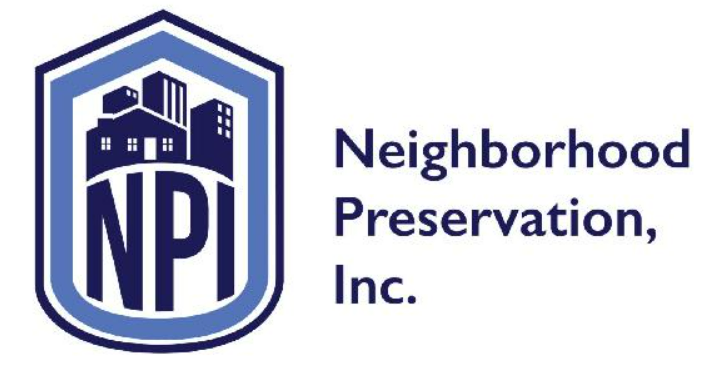
Eviction Data Analysis and Accessibility: Supporting Shelby County Court Data Management
April 1, 2023
During the past two years, Neighborhood Preservation, Inc. worked with the City of Memphis and Shelby County to launch the local Emergency Rental Assistance program, a $90 million program with a strong eviction prevention and legal services component. The SJI grant supported the development of court data tools to identify ERA applicants facing upcoming court …
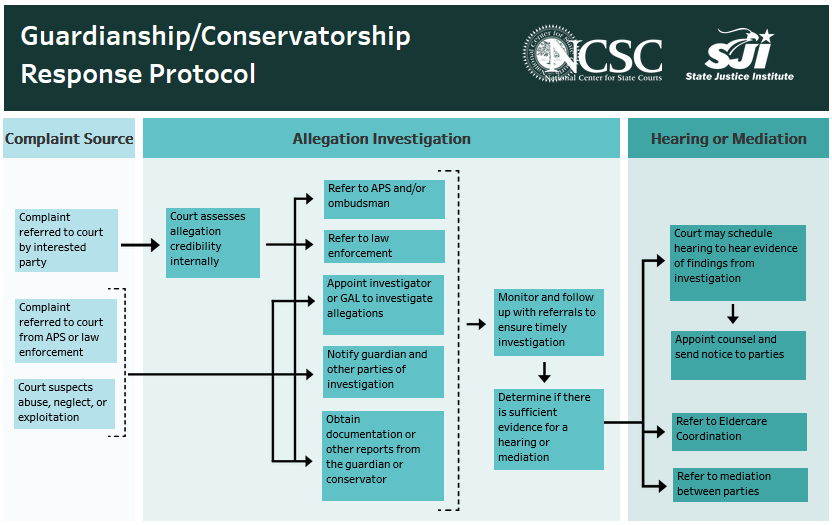
Monitoring Guardianships and Conservatorships
March 1, 2023
To improve guardianship case management, the National Center for State Courts is leading two SJI-funded projects to help guide courts through guardianship monitoring. Developing a Judicial Response Protocol to Address Abuse, Neglect, and Exploitation in Guardianship Cases features an interactive tool designed to help judges respond to allegations of harm to individuals subject to guardianship. …
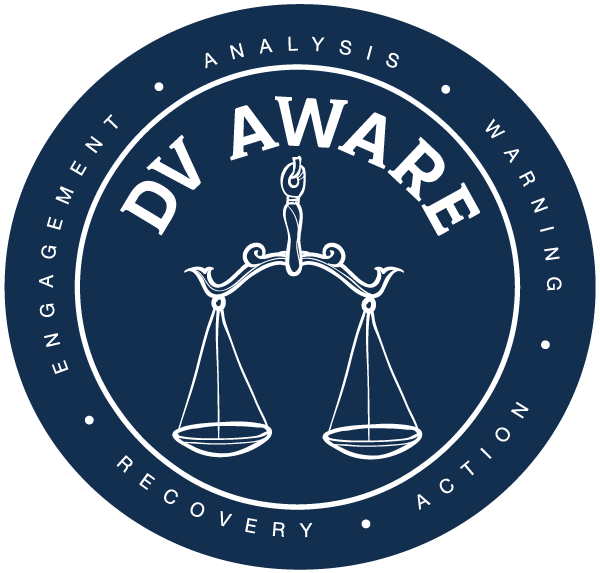
DV AWARE Dissemination Project: Building the Training Capacity of States, Meeting the Security Needs of Courts and Families
February 1, 2023
DV AWARE stands for Domestic Violence Analysis, Warning, Action, Recovery, and Engagement. Perpetrators of domestic violence can threaten the safety and well-being not only of their intimate partners and children, but also courts and communities. Beginning with a grant from SJI in 2021, the DV AWARE Project sought to support juvenile and family court systems …
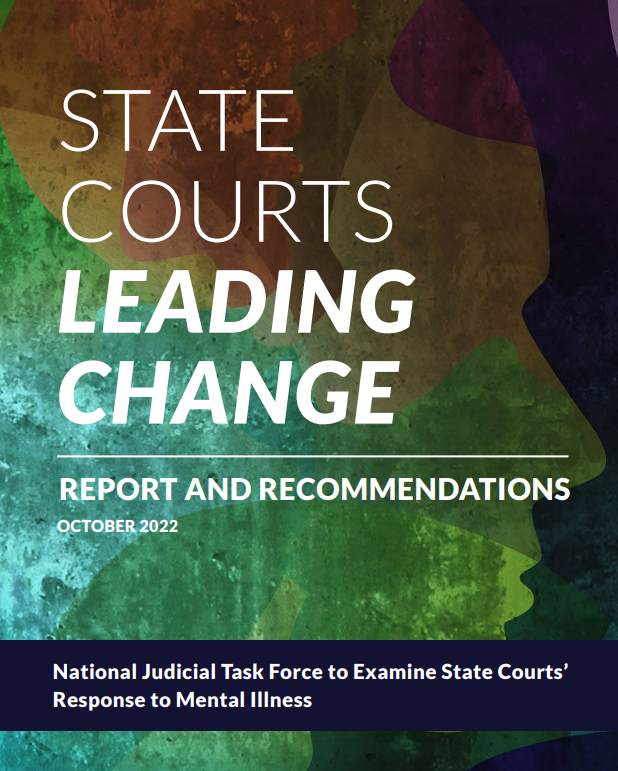
National Judicial Task Force to Examine State Courts’ Response to Mental Illness
January 1, 2023
On March 30, 2020, the Boards of Directors of the Conference of Chief Justices and Conference of State Court Administrators took action to establish National Judicial Task Force to Examine State Courts Response to Mental Illness to assist state courts in their efforts to more effectively respond to the needs of court-involved individuals with serious mental illness. …
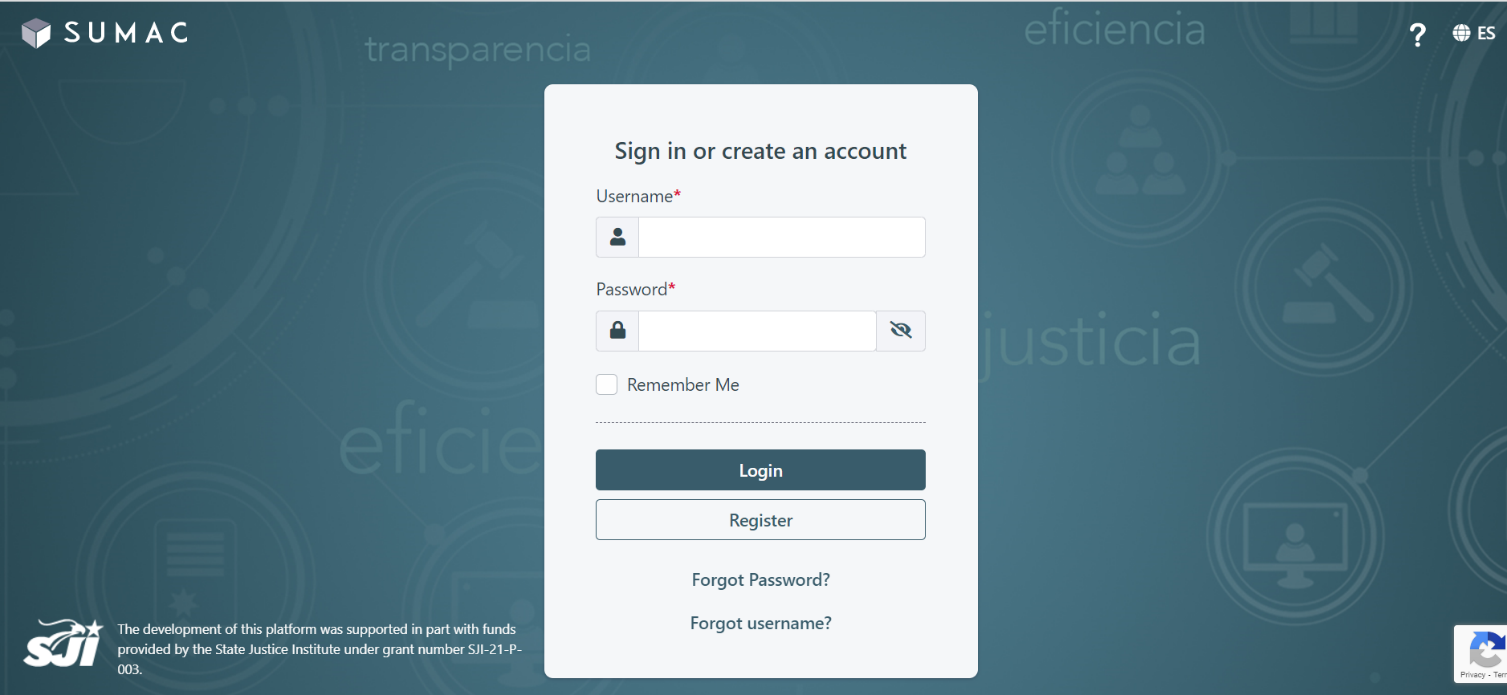
Puerto Rico Judicial Branch Electronic Court
December 1, 2022
During the pandemic, the Puerto Rico Office of Courts Administration (OCA) created an email account through which self-represented litigants (SRLs) seeking an emergency restraining order, a temporary detention or an involuntary admission order related to the Mental Health Code could file their petition to the Municipal Court. SRLs could download, complete, and submit the applicable …

